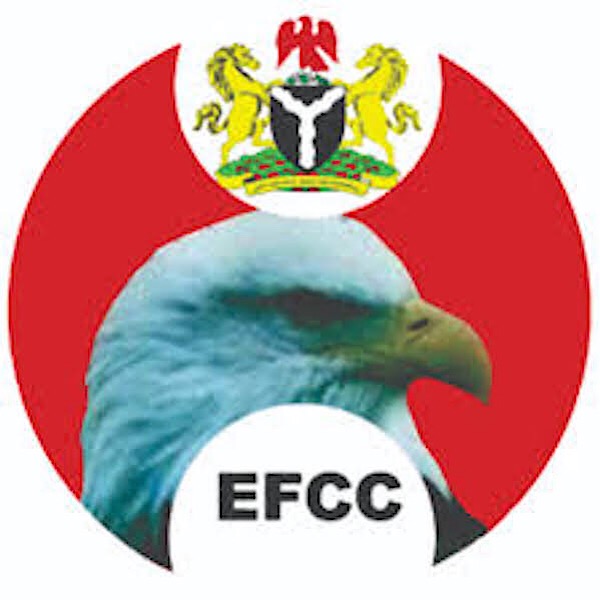The venture capital (VC) landscape in Africa has evolved over the last decade from a niche community of Africa-curious investors to an increasingly established pillar of the private equity industry on the Continent. Today, African VC Funds have simultaneously attracted over $2 billion in foreign investment to the continent, according to Partech, and accelerated the development of hundreds of local early-stage ventures.
Different VCs have different risk appetites and they align their investment strategies accordingly to match the investment stage that best suits their goals.
Most VCs underwrite product risk, go to market risk and team risksome of the major themes when conducting due-diligence on early-stage founders.
The typical questions are around: understanding market problems, execution, and founders’ ability to source the right talents, flexibility to build or pivot the product when finding a product-market fit.
The urgency and interest of venture capitalists to identify and fund next billion dollars companies have seen some firms strategically evolve into adding administrative perks to companies aside capital. An example of this is Microtraction and their Microtraction Network partners.
These perks are set up in collaborations with top service providers and affiliates in providing much needed support in building great organisations.
Most early-stage founders have one major feedback question when they engage Venture Capital companies and it’s usually: What’s your value add aside money?
VC money is usually not long-term. The idea is to invest in a company’s balance sheet and infrastructure until it reaches a sufficient size and credibility so that it can be sold to a corporation or so that the institutional public-equity markets can step in and provide liquidity. There is an in depth explanation about how VCs works here.
Rory O’ Driscoll, a GP at Scale Ventures; investors in Lever, HubSpot and DocuSign among others, said;
“The money has a lot of value especially when building companies. But what ‘a lot of founders don’t go around asking is what do I want in a venture board member.”
Roles of VC in portfolio companies
Hiring or firing the CEO: Mitchel Elegbe of Interswitch is the biggest voice in Nigeria’s tech ecosystem that speaks about startup governance and division of responsibilities between the founders of the board. At a breakfast chat with entrepreneurs in November 2019, Elegbe said;
“Every man, every woman is under authority,” he told the guests at the chat, “this idea that ‘I am a founder, I must have control’, is a very dangerous mindset.”
He explained that governance is still an issue in the startup ecosystem and that as a founder he does not have control of Interswitch. He never had, he is contracted to run the company and after 5 years he renews his contract’.
After the Tizeti saga, investors have been called out to take governance a notch higher. It is key to balance this risk with the even more paramount one, that companies can suffer significant lawsuit costs and permanent destruction of brand value if critical issues are not prevented or dealt with when they arise. VCs are advised to take processes and statutes a step higher.
Helping with Introductions: Early-stage startups believe a core add-on of pre-seed and seed-stage investors is the ability to put them in front of a strong network of High Networth Individuals, industry and policy leaders, potential product partnerships, introductions to globally recognised accelerators like Techstars and Y-Combinator and founder’s network for mentoring. The caveat to that investors can mostly only do introductions and put in favourable words, it’s up to founders to engage and close.
Finance the company: The primary conversation between Venture firms and startups is about financing the company, though this conversation is based on parties preferences, some founders ask principals of deals if they do follow-ons investments, lead or syndicate investment vehicles.
This is just to be sure that in the unforeseen scenarios as they believe in the model now, will they do when times are hard? will they write cheques and support the company when no VC is willing? Do they believe they have the power to support the company in the future?
Agreement on broad strategic execution: Every founder wants to run their day to day with little or no external interference, while angel investors might have expertise and active stakeholder knowledge, VCs have updated know-how on managing day to day activities of products companies. Agreement on broad strategic direction like models of (B2B vs B2C, customer preference :SMB vs Enterprise, Marketing, growth & scale) are essentials between the organisation and its investors
Exits: These have become a critical conversation in the Nigerian venture space because it’s an essential measurement to scale the success of a venture through funding cycles, advisory and execution.
They tend to be the final highlight of maturity that authenticates the fact that a tech ecosystem has matured and is blossoming. Exits are essential to liquidity of assets, confidence in investors to inject more capital and for entrepreneurs to believe they can build on the successes and viability of the market. The successes are here and we can see some positives the most recent is Sendwave acquisition by World Remit.
In this article by Quartz , Kola Aina – founder of Venture Platform, a Nigerian based, early-stage fund invested in over 25 startups explains that exits point to maturity of local ecosystems:
“When you look at the trend and trajectory of our ecosystem, we’re right around when we should be seeing mergers, acquisitions, and these types of liquidity events.”
Founders and investors relationships don’t always have the fairytale end, there is a core dynamic between a venture capital firm and a private equity firm.
While the former comes on board in the early stages to help build viability and growth, the latter is big on growth and expansion.
Source: techcabal










